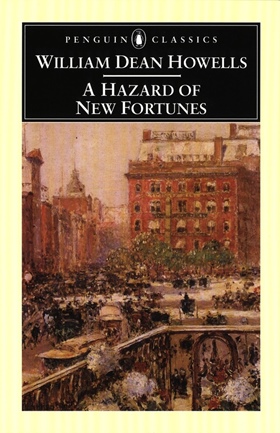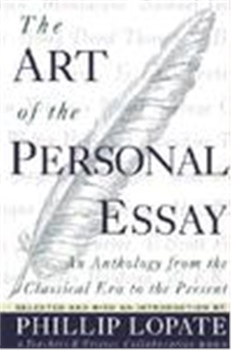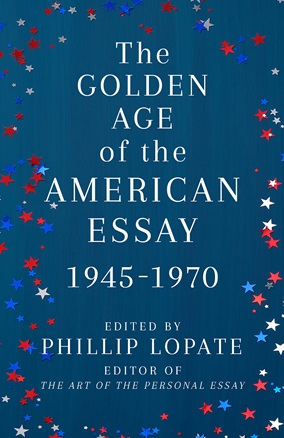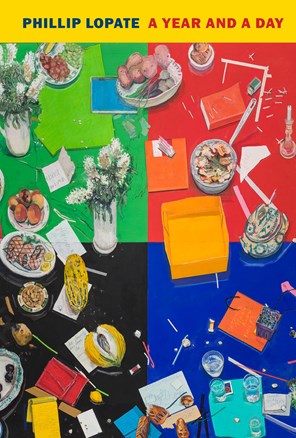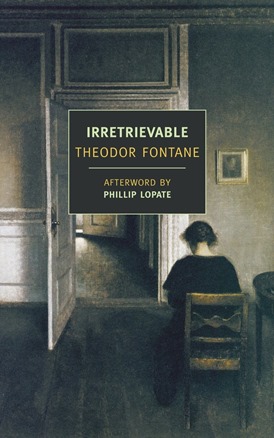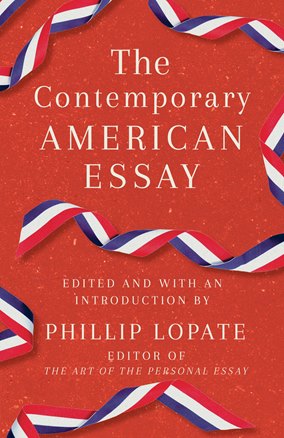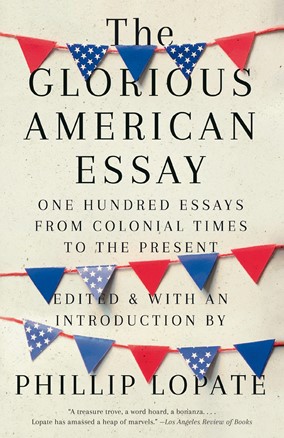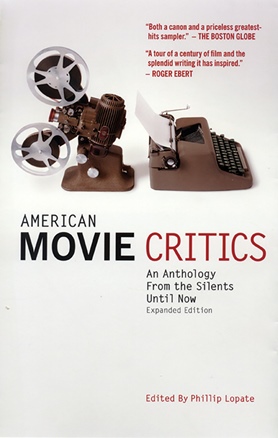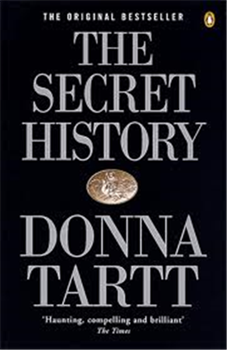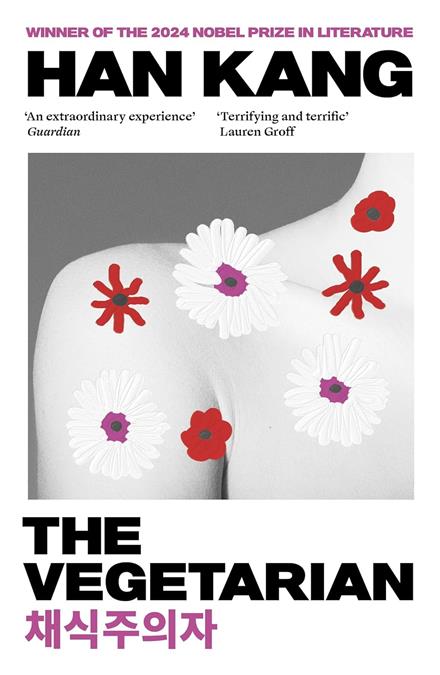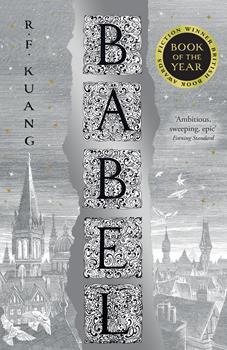Description
Set against a vividly depicted background of fin de siécle New York, this novel centers on the conflict between a self-made millionaire and a fervent social revolutionary-a conflict in which a man of goodwill futilely attempts to act as a mediator, only to be forced himself into a crisis of conscience. Here we see William Dean Howells's grasp of the realities of the American experience in an age of emerging social struggle. His absolute determination to fairly represent every point of view is evident throughout this multifaceted work. Both a memorable portrait of an era and a profoundly moving study of human relationships, A Hazard of New Fortunes fully justifies Alfred Kazin's ranking of Howells as "the first great domestic novelist of American life."
For more than seventy years, Penguin has been the leading publisher of classic literature in the English-speaking world. With more than 1,700 titles, Penguin Classics represents a global bookshelf of the best works throughout history and across genres and disciplines. Readers trust the series to provide authoritative texts enhanced by introductions and notes by distinguished scholars and contemporary authors, as well as up-to-date translations by award-winning translators.
About the Author
Willam Dean Howells(1837-1920) was a novelist, short story writer, magazine editor, and mentor who wrote for various magazines, including theAtlantic Monthlyand Harper's Magazine.In January 1866 James Fields offered him the assistant editor role at theAtlantic Monthly.Howells accepted after successfully negotiating for a higher salary, but was frustrated by Fields's close supervision. Howells was made editor in 1871, remaining in the position until 1881.In 1869 he first met Mark Twain, which began a longtime friendship. Even more important for the development of his literary style — his advocacy of Realism — was his relationship with the journalist Jonathan Baxter Harrison, who during the 1870s wrote a series of articles for theAtlantic Monthlyon the lives of ordinary Americans.He wrote his first novel,Their Wedding Journey,in 1872, but his literary reputation took off with the realist novelA Modern Instance, published in 1882, which described the decay of a marriage. His 1885 novelThe Rise of Silas Laphamis perhaps his best known, describing the rise and fall of an American entrepreneur of the paint business. His social views were also strongly represented in the novelsAnnie Kilburn(1888),A Hazard of New Fortunes(1890), andAn Imperative Duty(1892). He was particularly outraged by the trials resulting from the Haymarket Riot.His poems were collected during 1873 and 1886, and a volume under the title Stops of Various Quills was published during 1895. He was the initiator of the school of American realists who derived, through the Russians, from Balzac and had little sympathy with any other type of fiction, although he frequently encouraged new writers in whom he discovered new ideas.Howells also wrote plays, criticism, and essays about contemporary literary figures such as Henrik Ibsen, Émile Zola, Giovanni Verga, Benito Pérez Galdós, and, especially, Leo Tolstoy, which helped establish their reputations in the United States. He also wrote critically in support of American writers Hamlin Garland, Stephen Crane, Emily Dickinson, Mary E. Wilkins Freeman, Paul Laurence Dunbar, Sarah Orne Jewett, Charles W. Chesnutt, Abraham Cahan, Madison Cawein,and Frank Norris. It is perhaps in this role that he had his greatest influence. In his "Editor's Study" column at theAtlantic Monthlyand, later, atHarper's,he formulated and disseminated his theories of "realism" in literature.In 1904 he was one of the first seven people chosen for membership in the American Academy of Arts and Letters, of which he became president.Howells died in Manhattan on May 11, 1920. He was buried in Cambridge Cemetery in Massachusetts.Noting the "documentary" and truthful value of Howells' work, Henry James wrote: "Stroke by stroke and book by book your work was to become, for this exquisite notation of our whole democratic light and shade and give and take, in the highest degree documentary."
